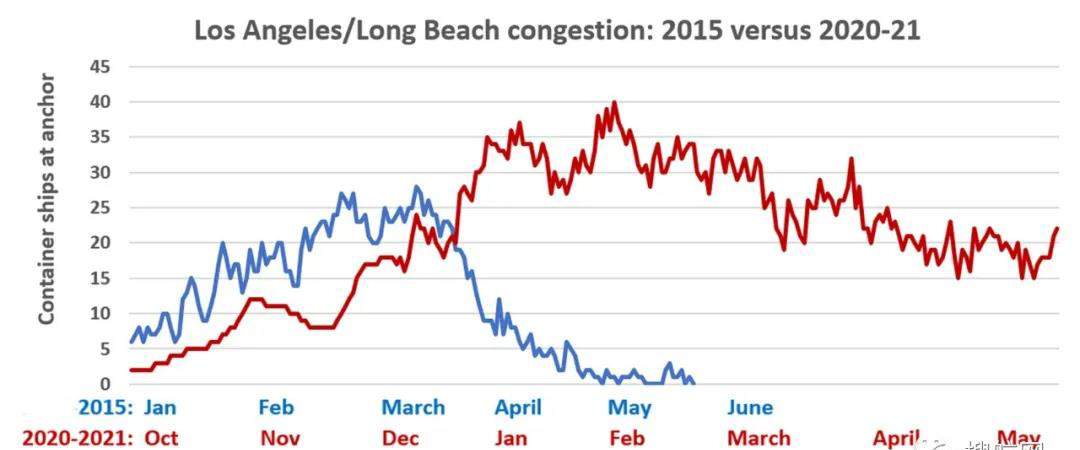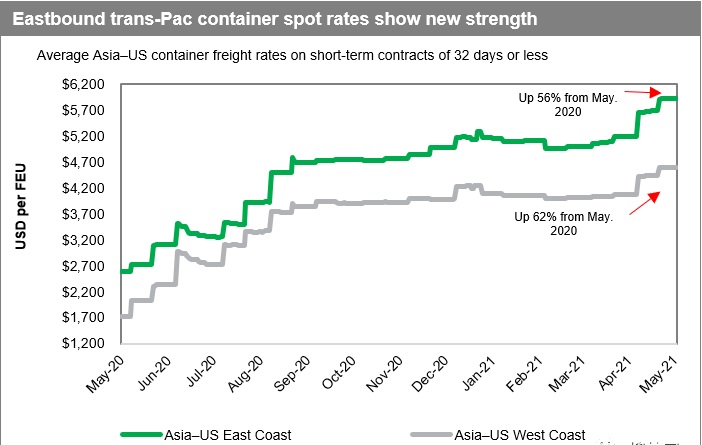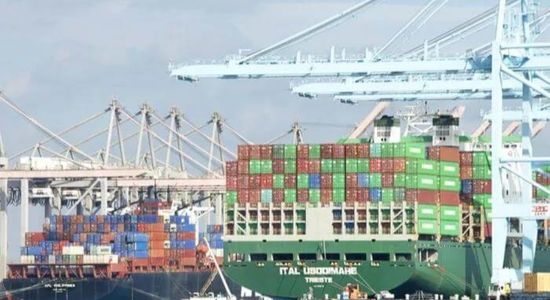The traditional shipping peak season is approaching. However, the congestion in American ports is still not alleviated. Now the Port of Oakland has surpassed Los Angeles/Long Beach, which become the center of congestion. The shipping giant Maersk claimed that Los Angeles and Long Beach are still strained by the average ship waiting time of one to two weeks in a customer consultation on Wednesday. And said: “The situation at the Port of Oakland is even more severe, and the waiting time is now extended to three weeks.”

U.S. imports from Asia have set or approached a record level for 10 consecutive months, which is a factor lead up driving up freight rates. Another factor is the “structural” suspension. The flight was cancelled because the vessel was delayed by a week or more in the US and Asian ports and therefore resulted in missed the planned rotation. Delays in ports on the west coast of the United States have had a serious impact on liner arrangements.
According to data from Sea intelligence Maritime Analysis, a total of 121 flights to the West Coast and 21 flights to the East Coast have been cancelled since January 1.
According to the freight rate index of Drewry, a maritime analysis agency, the spot freight rate for a 40-foot container from Shanghai to Los Angeles has been at USD 5,600 this spring. Between 5,700 US dollars, it soared to 6000 US dollars / FEU in mid-April, and reached 6358 US dollars / FEU this Wednesday.
According to industry analyst Lars Jensen, CEO and partner of Vespucci Maritime, freight rates on the eastbound trans-Pacific route will rise again from June. If North American and Asian ports can solve the root cause of the increase in freight rates-port congestion, freight rates Will stabilize in the third quarter.

Jensen said that due to the slow departure of ships from Asian ports and delays when they arrive at US ports, the capacity of ships and containers is artificially restricted, and cargo owners are competing with each other to obtain space and containers. “Due to insufficient capacity, competition among cargo owners has forced prices to rise.” , also agreed, “From June 1st, we will see price increases again.”




